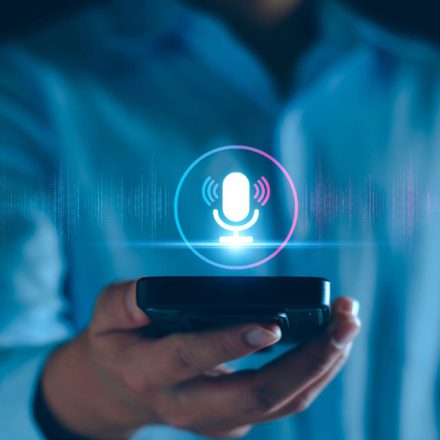 |
By Stephen Sutcliffe, Director of Finance and Accounting NHS Shared Business Services I love to speak with NHS colleagues about their experiences, so please feel free to reach out to me. I can be contacted on Stephen.sutcliffe1@nhs.net |
According to the singer Seal, “we’re never gonna survive unless….we get a little crazy.”
Thanks, Seal, but there are limits. As the world tilts on its axis and we all try to pretend things are still vaguely normal, there’s growing recognition that we need to do something differently. And maybe, just maybe, that difference starts with something as deceptively simple as listening.
It’s a word that crops up increasingly in NHS boardrooms, in organisational straplines, and in the occasional well-intentioned training module. But it’s also a word that’s hard to define and even harder to practise properly – especially in a world that’s roaring at us from every direction.
Because the world is getting louder by the day. Trump’s capriciousness continues to dominate the headlines. The Middle East is more unstable than it has been for a generation. Ukraine and Russia remain locked in a grinding war with devastating human cost. Economic instability is sending tremors across the globe, and the algorithm is doing its level best to keep us endlessly distracted and permanently outraged.
In that cacophony, how do you make space for listening?
We know from neuroscience and just plain common sense that people are more motivated, more engaged and more effective when they feel heard. And yet, many public institutions – particularly those as complex and pressured as the NHS – continue to operate in ways that silence rather than amplify the voices of the people they serve (a point that Sir Jim Mackey eloquently made in his first interview as chief executive of NHS England.)
Take productivity. It’s become the new yardstick for everything. But when you zoom in, it turns out that the problem isn’t a lack of effort or will – it’s a lack of coherence. Too many overlapping systems. Too many duplicated processes. Too many reports, sign-offs, escalations and outdated tools that drag even the most well-intentioned people down.
This is where listening becomes more than just a warm fuzzy value. It becomes a strategy.
At NHS Shared Business Services (NHS SBS), we’ve been trying to embed that idea more deeply into how we work. Not in a grand “change the world” kind of way – we’ll leave that to the diplomats and the doomscrollers – but in a quiet, practical, everyday way. We’ve been listening to NHS staff who are stuck toggling between three different finance platforms just to submit a basic invoice. Listening to procurement leads who say they don’t need more policy, they need usable, integrated tools. Listening to people who’ve spent years working in the NHS and are still having to learn new systems every time they change trusts.
And we’re trying to respond.
One of the ways we’ve done this is by developing a new suite of shared services – not the kind that are just rebadged outsourcing, but services genuinely built around the needs of the people who use them. Our unified finance and accounting platform, for example, was designed with frontline users, not just tech architects. It enables 24/7 access, smarter data, fewer workarounds and more time for the stuff that matters.
Does that solve everything? Of course not. But it’s a step towards a model that values people’s time, expertise and experience. A step towards making it easier for NHS teams to move between roles, systems and organisations without feeling like they’ve landed on a different planet. A step towards making listening not just a virtue, but an operational advantage.
Because when systems are designed by the people who use them, they tend to actually work.
There’s a broader lesson here. In global politics, in local communities and in the office down the hall, we don’t need more shouting. We need more listening. Not the passive, head-nodding kind, but the active, curious, uncomfortable kind. The kind that makes room for doubt, difference and change.
It’s not fast. It’s not flashy. But in a world that’s tearing itself apart through miscommunication, misinformation and mistrust, maybe listening is the most radical thing we can do. It might even be the way we survive – our way of getting “a little crazy.”
This blog was first published on OneNHSfinance



